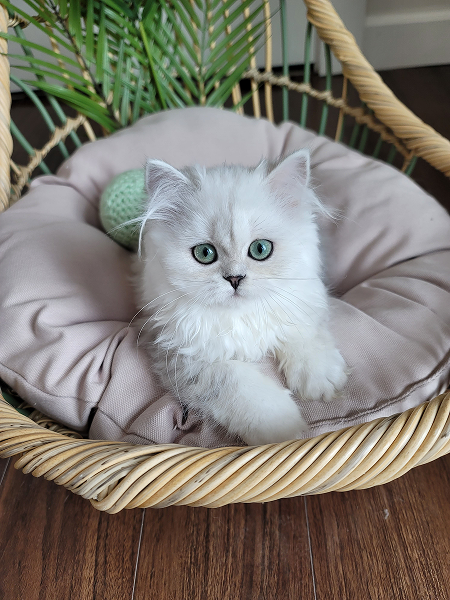Why Does a Cat Meow?
Meowing is one of the main ways cats communicate with humans. Interestingly, cats rarely use this sound to interact with other animals. In fact, meowing is essentially their “language” for talking to people. Through meows, your cat can express a wide range of needs and emotions — from happiness to anxiety.
Here are some of the most common reasons why a cat might meow:
Hunger or thirst. One of the most frequent reasons — your cat is reminding you that the food or water bowl is empty. In these cases, the meowing can be persistent, especially if feeding routines are disrupted.
Seeking attention. Cats meow when they want to play, be held, or simply get noticed. Some breeds, like Siamese cats, are especially vocal and may “comment” on everything happening around them.
Stress or anxiety. Changes in the environment, moving to a new home, or the arrival of new people or animals can make a cat feel uneasy. Their meows in such cases may sound more anxious or frequent.
Physical discomfort. If your cat starts meowing in an unusual way or more often than usual — especially if accompanied by a change in behavior — it might be a sign of pain or illness. Always pay attention to such changes.
Boredom. Indoor cats, especially those without other pets around, may lack stimulation. Meowing can be their way of expressing boredom and inviting you to interact with them.
Mating behavior. Unneutered cats often meow loudly and persistently during mating seasons, especially at night. This is driven by natural instincts.
How Should You Respond to Meowing?
It’s important not to ignore the sounds, but instead try to “decode” them. Pay attention to the tone, frequency, and context — over time, you’ll become more attuned to your cat’s specific ways of communicating. However, if the meowing becomes excessive and doesn’t seem to have an obvious cause, it’s best to consult a veterinarian.
